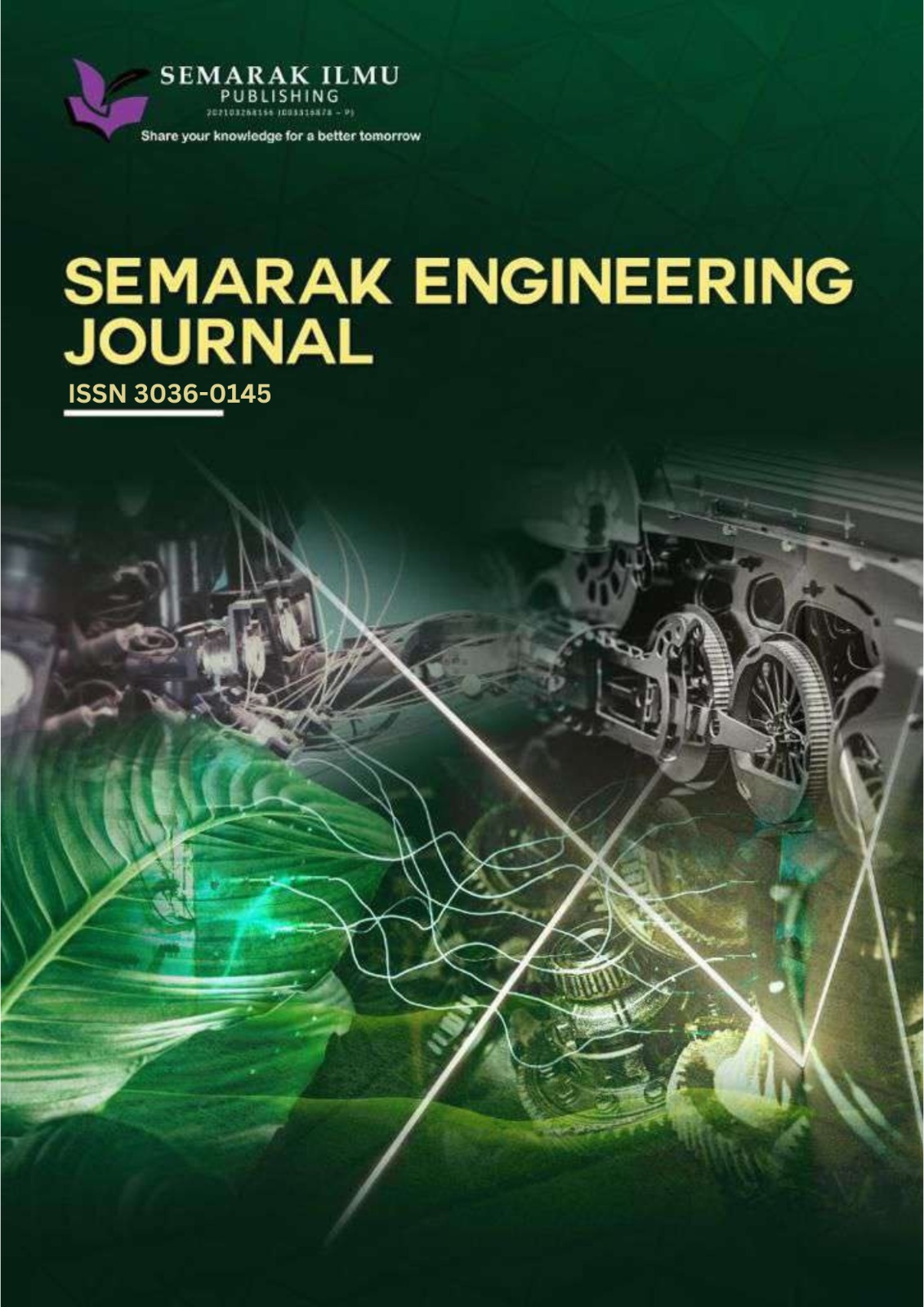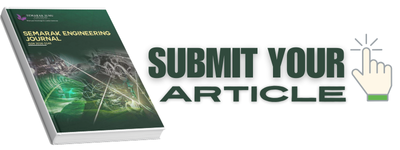Banana Stem Based Activated Carbon as a Low-Cost Adsorbent for Pb(ii) Ion Removal
Keywords:
Rubber seed shell, activated carbon, biosorption, heavy metals, chemical activationAbstract
This study aimed to assess the effectiveness of banana stem-based activated carbon as a cost-efficient solution for eliminating lead (II) ions from water-based solutions. Environmental pollution, particularly caused by heavy metal ions in wastewater, poses a significant global challenge. Conventional methods for heavy metal ion removal, such as ion exchange, chemical precipitation, and membrane separation, are not economically viable and require complex processes for treating hazardous sludge. In this study, banana stem is utilised, which is a readily available and inexpensive material, as a precursor for activated carbon. Banana stems were washed, cut into small pieces, and dried to remove moisture. The dried stems were then ground into a powder and sieved to obtain particles of 500 microns in size. The powdered banana stems were mixed with phosphoric acid and deionized water, refluxed at 140°C for three hours to produce char, which was filtered, washed, and carbonized at 400°C in an argon gas environment. The resulting activated carbon was crushed into fine particles, washed until it reached a pH of 6-7, dried, and stored for future use. The resulting activated carbon is characterised using techniques such as Fourier Transform Infrared Spectroscopy (FTIR). The adsorption of lead (II) ions onto the activated carbon was then studied under various conditions, stirring rate, adsorbent dosage, and contact time.
Downloads











